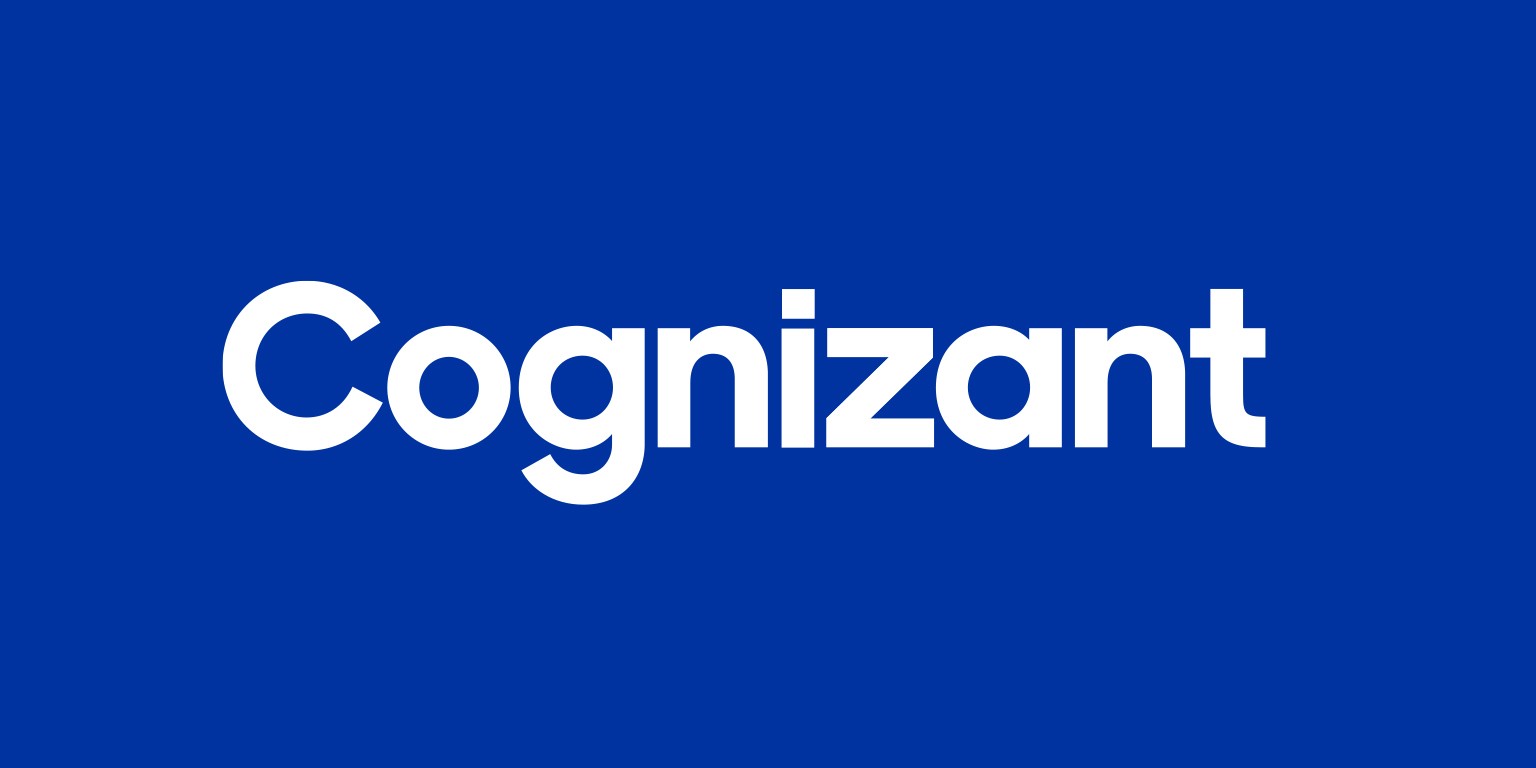Maslow’s hierarchy of needs are typically described in the form of a pyramid with each layer building on the last. From the base of the pyramid to the top, the layers are physiological, safety, belonging and love, esteem, and self-actualization. What if we imagined these needs differently… like parts of a body, and the heart is really “belonging and love?” Without the heart, the rest of the body cannot live. With the heart, the body thrives and the possibilities for a fulfilling life expand. And now, what if you apply this theory to business?
Mark Taylor is the Senior Vice President and the Global Practice Lead for Cognizant Digital Experience and for him, the heart level of belonging and love in Maslow’s hierarchy of needs is what he is most concerned about. When it comes down to it, the heart level is about establishing relationships. So how does this massive, international company build such high-quality relationships with its clients and even encourage them to do the same with their customers? And what is the special cognizance, or awareness that Cognizant has that allows its team to stay close with their clients? Find out in this episode of Business X factors.
Main takeaways:
- Get Ready for the CX Renaissance: When businesses talk about customer experience or CX, they used to mean traditional sales and marketing touch points along the customer journey. This included attentive store attendants, clear, simple and beautiful websites and when executed well, it meant customer retention and acquisition and increased sales and loyalty. According to Accenture, the value proposition of CX is however stalling because many of the fundamentals of CX are now commonplace and no longer enough for differentiation and growth. Companies should be galvanized to push beyond the CX philosophy and reimagine their entire business through the lens of experience. Everyone in the company should be responsible for focusing on delivering superior experiences, not only the marketing team.
- Experience is a Tech Opportunity: While investing in tech tools seems to be the obvious way to improve customer experience, it is not as straightforward as that. What you need is the right tools in the hands of the right team. Seek out the tools that can scale for purpose and provide valuable insights hour-by-hour. In busy periods, you may need to grow your CX team quickly to keep up with demand or reassign existing staff members to make sure you have the right people in the right place at the right time. Get quick feedback on customer data and insights to keep a finger on customer contact with powerful, real-time analytics tools. But it is not only about the tools, you also need a team that is well-trained with a shared mission and invested in success who are setting the tone for the business.
- Concentrate on the Moments that Matter: When considering customer experience, it is easy to fall in the trap of believing everything has to be perfect and that all dimensions of an experience are equally important. Research by KPMG has found that it is the moments that matter, especially those that give the client cause to reflect on the nature of the relationship and consider whether the brand promise has been kept. To capture the moments that matter; remember that first impressions count in every walk of life, deliver on initial promises, know your customers and use opportunities to demonstrate industry, client and product understanding and concentrate on client reviews. Business is driven by referral and the curation of reputation is critical. Furthermore, you should take opportunities to add value and reduce cost, time and effort, anticipate issues, fix pitfalls before they occur, have a Plan B and have empathetic and emotionally intelligent responses to customers and clients.
Key Quotes:
“If you think about it as Maslow’s hierarchy of needs, and you think about a hierarchy of experienced needs, at the bottom you would always see convenience and ease and simplicity. But then you have to go up, you have to move past a brand. You have to learn, you have to listen, you have to be able to respond, because at that second level, you’re really more proactive. But your objective here is to get to the top level, where you’ve built a relationship of immense value with your customers.”
“It used to be that you could do the most wonderful campaign, you could convey your brand promise through messaging and through media, you can’t do it anymore. You can only convey your brand promise through the experience you enable, that requires extraordinary depth and breadth in technology to be able to deliver those experiences. Customers reevaluate their relationships with brands at every interaction and every interaction matters. So, the ability to deliver against those interactions is primarily a technology problem, or technology opportunity.”
“There are, for me, the moments that matter. And the moments that matter are those interactions in which the brand must win. And it’s must, because that’s where real value lies between the consumer and the brands and must, because it’s a reflection of the brand value.”
“But there are also those moments at which the consumer is most emotionally vested in the outcome. So very often, in a brand consumer relationship, those moments will be human-to-human; contact center, in branch, in store, they just often are human-to-human. But to do human-to-human at scale, a scale that we need is impossible. So, I really do believe that a judicious use of artificial intelligence can recreate some of the characteristics of a human-to- human relationship or interaction.”
“Great experiences change minds, change lives and change behaviors. And if they don’t do that, then it’s not working hard enough for you. Go look at the experiences that you’re enabling, and think about your experience in relation to you as a company, which other moments at which you must win? And have you aligned your organization to win at those moments?”
“We talk a lot about surprise and delight. We talk a lot about turning a bad experience into a good experience. And that creates real lifetime value. So, I think, honestly, I’m going to look at it from a more scientific way. Because it’s hard to predict. There is no question that what matters is building engagement. There is no question that engagement is actually an emotion, is something you feel. But there’s also one question that can be measured. I would say once you’ve understood those key moments of interaction between you and your audience, measuring them as leading indicators of value, is something that a brand needs to be able to do.”
“Really understanding customer and business insights to enable us to understand what our customers care about, and then deliver against it, I call this intimacy and industrialization. It’s those two things that came together in Cognizant, in this organization. That I think is what was the most impactful reason for me moving here. And it’s how I have the most fun every day.”
“Personalization at scale is a really complex proposition for our clients. So, I think from an organizational perspective, I think this notion of intimacy and industrialization pays up from that promise of personalization at scale. What is intimacy? Intimacy is insight but it’s also business context, it’s really understanding the problem of our clients, to trying to solve for their consumers. It’s also understanding the market context, the competitive context around it. So, you understand the drivers of behavior in your audiences, that’s intimacy.”
“Intimacy is listening. Listening really, really carefully and industrialization is about creating the ecosystem to be able to support what your customers care about.”
Bio:
Mark Taylor is Senior Vice President and the Global Practice Lead for Cognizant Digital Experience. Cognizant Digital Experience is made up of more than 15,000 interactive specialists in 53 offices and studios across the globe providing full-scope experience services. In addition to his direct work with key clients, Mark is responsible for the overall growth, vision and strategy of the practice.
Singularly focused on customer and consumer engagement, Mark has held senior positions in global technology-based, data-based and digital marketing organizations for the last 25 years. Prior to joining Cognizant in November 2019, Mark held senior positions at Capgemini, Rosetta (acquired by Publicis), WPP and Havas.
Mark studied economics and business administration and graduated from the University of Sheffield in the UK.
—
Business X factors is produced by Mission.org and brought to you by Hyland.
For over a decade, Hyland has been named a Leader in the Gartner Magic Quadrant for Content Services Platforms, leading the way to help people get the information they need when and where they need it. More than half of 2019 Fortune 100 companies rely on Hyland to help them create more meaningful connections with the people they serve. When your focus is on the people you serve, Hyland stands behind you. Hyland is your X factor for better performance. Go to Hyland.com/insights to learn more.




